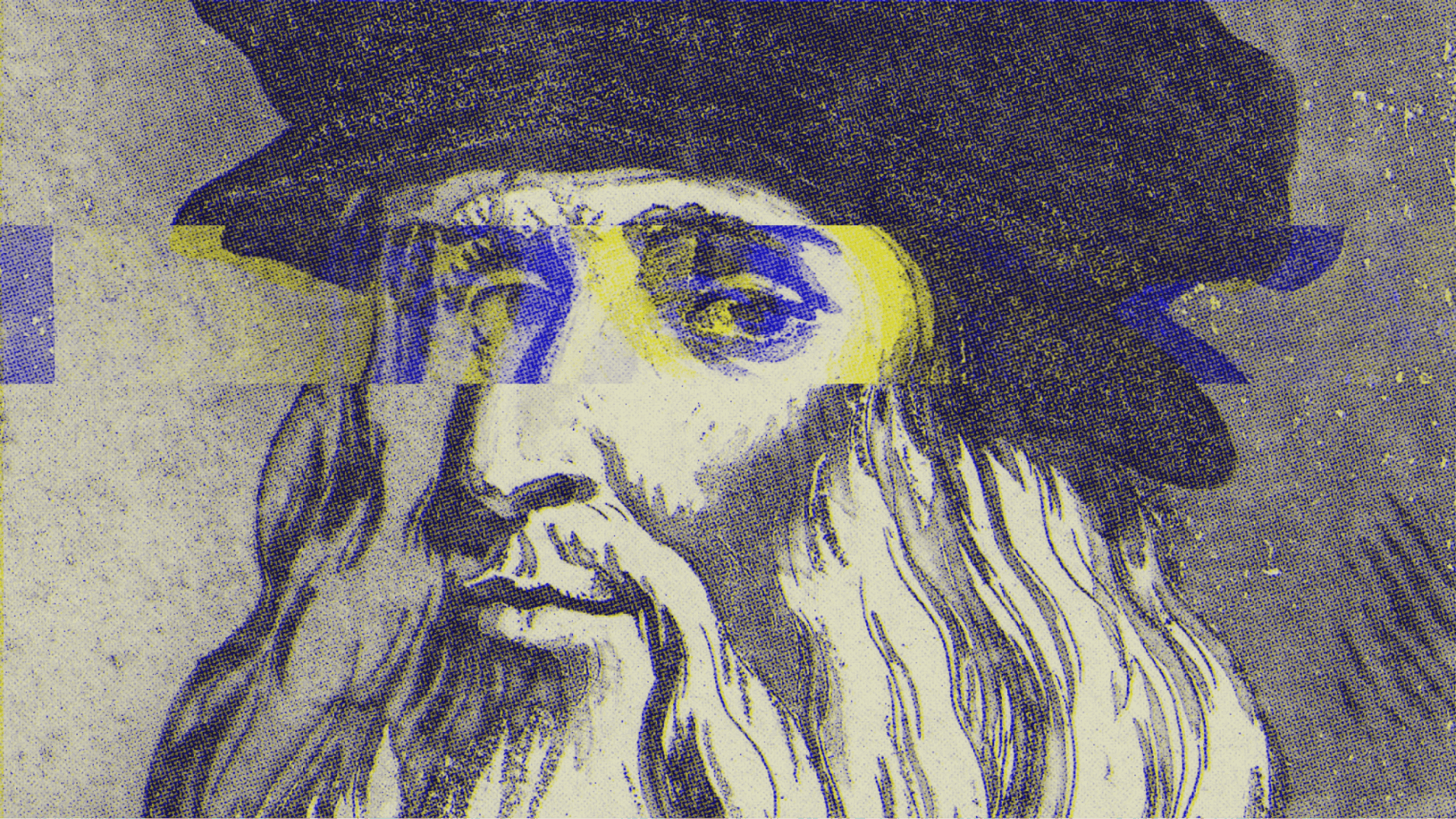Scholarship 2.0
As an untenured professor at a major research university, of necessity I
spend a lot of time thinking and talking about ‘writing’ and ‘publication.’ I’ve
blogged about some of this before
. I’m essentially caught between two
worlds: the dynamic, interactive, freewheeling, rough-and-tumble, unmoderated cosmos of Web
2.0 and the slower-moving, calmer, peer-reviewed realm of traditional academic
publishing. It’s often a difficult tension, particularly for those of us who are
using these new communication and collaboration tools but whose tenure decisions
are being made by peers that are not active technology users. Recently several
higher education organizations have explicitly noted the strain and advocated
for some reconsiderations of what it means to write, to publish, and to reach an
audience.
Force on Evaluating Scholarship for Tenure and Promotion
: Departments
and institutions should recognize the legitimacy of scholarship produced in new
media, whether by individuals or in collaboration, and create procedures for
evaluating these forms of scholarship
. (p. 5)
Report
: Academic review and faculty rewards are increasingly out of sync
with new forms of scholarship. The trends toward digital expressions of
scholarship and more interdisciplinary and collaborative work continue to move
away from the standards of traditional peer-reviewed paper publication. New
forms of peer review are emerging, but existing academic practices of
specialization and long-honored notions of academic status are persistent
barriers to the adoption of new approaches. Given the pace of change, the
academy will grow more out of step with how scholarship is actually conducted
until constraints imposed by traditional tenure and promotion processes are
eased.
(p. 4)
Siemens
has noted that
The central filtering agent is no longer the teacher or institution. It’s
the learner. Think about what that means to our education system as we know it
today. It changes everything . . . . [A]s educators, we are not grasping (or prepared
for) the depth of the change that is occurring under our feet. If it’s happened
(breaking apart the center) in every other industry – movies, music, software,
business – what makes us think that our educational structures are immune? And
what does it mean to us? What should we be doing now to prepare our
institutions? Ourselves? Our learners?
Information validity is increasingly determined by the views of many individuals, not the select domain of a few [e.g., Amazon book reviews or Digg or Technorati rankings] . . . . [E]xpert-bases systems have value, but their value diminishes simply
because no single person can keep up with today’s information. A
network, however, can.
Of course this has major implications for the academic concept of peer review (which is under fire on some fronts). I wonder when the egg is going to crack in academia. Two years? Five? Ten? And how do we retain our hedgehog concepts of research and scholarship while simultaneously adapting to the realities of a new era?
FYI, I highly recommend the Horizon Report, which
highlights six technologies that will have major impacts on higher education in
the next one to five years.




